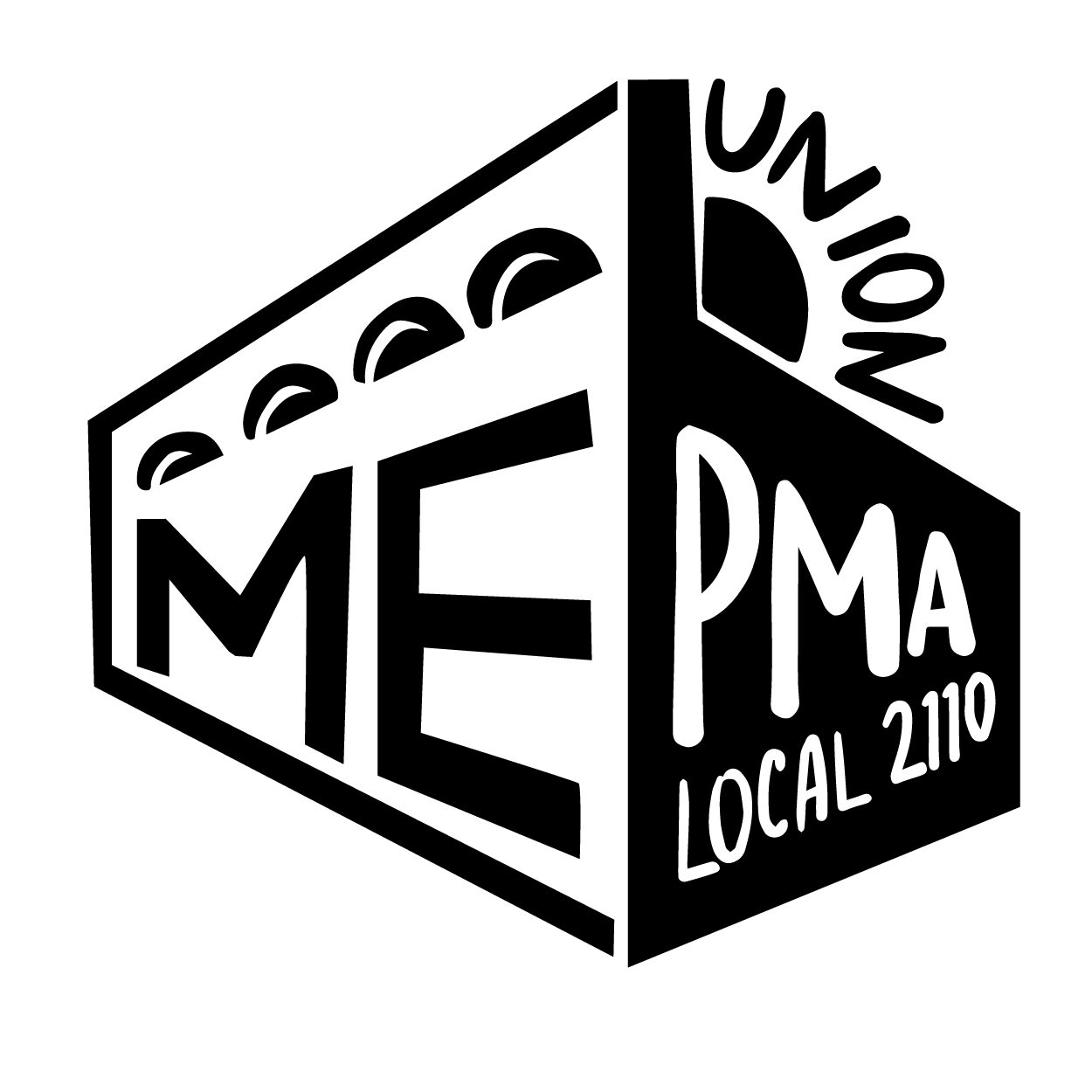Manager: Having “manager” in your job title is not enough to exclude you. As defined under labor law, managers are high-level employees of an organization, are considered “policy-makers,” and generally have broad authority to speak for an institution. Managers often are at the executive level, control budgets, or run departments. At the PMA, we assume the Museum leadership and department heads are managerial. Managers often, but don’t always, supervise other individuals.
Supervisor: Supervisors are excluded if they have independent authority over the employment terms of other employees. For example, supervisors can hire, fire, discipline, promote, grant pay increases, or direct the work of other employees. Someone can be deemed a supervisor if they don’t have the final say over these actions but their recommendations regarding these would be largely followed. Supervision of independent contractors, outside vendors or temporary employees would not disqualify someone from being part of the union.
Confidential: Employees are considered confidential if they have access to leadership’s position on human resources matters or unionization. Examples would be having access to the emails of the Executive Director, taking minutes at Board meetings or high-level executive meetings, being privy to management’s position with regard to unionization or in union negotiations. Often, HR employees and/or high level executive assistants are considered confidential.
